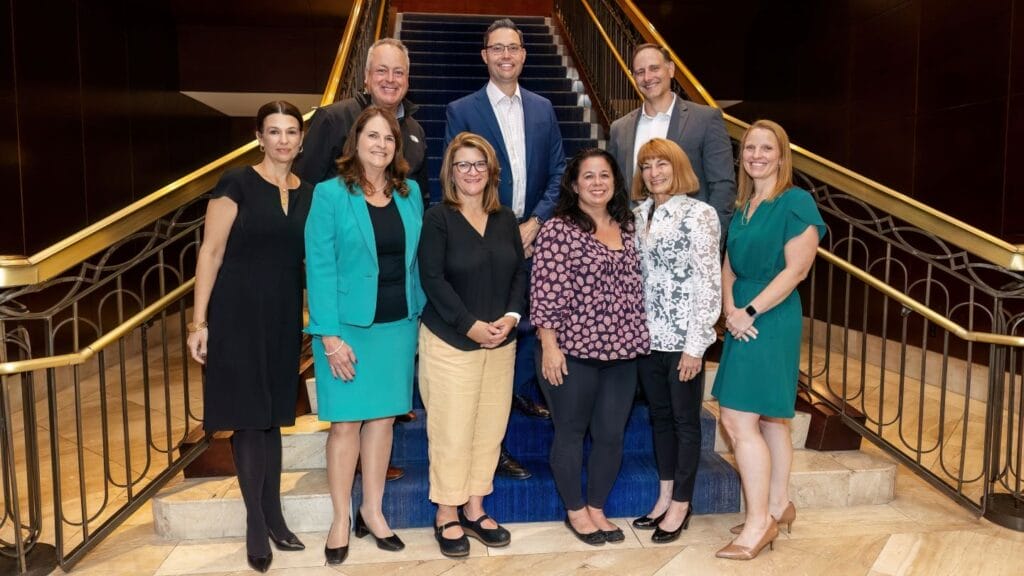
Now that the Public Health Emergency has ended, and COVID-19 is starting to become less of a burden in your facility, now might be a good time to focus on protecting your liability.
Here are some things that you may have overlooked while valiantly battling on the frontlines of COVID at your facility over the last several years.
Resident contracts
I tell clients that resident contracts need to be reviewed yearly by their attorneys. Why? Because there are often updates to the law that can help you avoid problems down the road in your resident contracting. Think of it as a way to keep you out of trouble, and prevent more costly litigation down the road. Also, there may be particular residents or circumstances that posed problems for your facility that can be discussed with your attorney, and that could be remediated through simple contract revisions.
With everything going on in long-term care, this year, I am making the effort to remind clients to revise their contracts with an attorney to avoid liability in the future. Regular contract revision is sound, good risk management. One of the easiest ways to eliminate or reduce your liability is to revise and update your resident contracts.
For example, the provision of arbitration agreements in your contracts is just one of many updates that need to be looked into with your resident contracts. Indeed, the law concerning arbitration agreements in nursing home contracts has changed over time, and several times over the last many years. Failure to have a robust, legally sound arbitration provision will only result in an arbitration clause that will be deemed unenforceable if challenged in court.
Compliance & ethics program updates
Another item you may have neglected while on the COVID front lines are your compliance plans. Too many facilities have a draft compliance plan gathering dust on a shelf somewhere. Nothing could be worse for a facility. Why?
Because if the government comes knocking and they see that you have a compliance plan on your shelf, but you haven’t followed it in practice or even implementation, that will often lead to higher fines and penalties because the government will see that you knew the importance of compliance plans, but you actively chose not to take the time to adhere or implement it properly.
Instead, focus on making sure you reinvigorate your compliance committee if you haven’t been having regular and documented compliance meetings over the pandemic. Also, now is a good time to have your compliance plan reviewed by competent healthcare counsel to ensure you take full advantage of the protections compliance plans can offer not only to your facility but also to the administrator, executive director, CEO and the rest of your management team.
Over the years, I have found that often having an attorney sit in on a compliance committee meeting can help to guide effective compliance plan implementation. And remember, documentation and follow-up are always key. Corporate compliance plan implementation does not have to be daunting, it just needs to be done, and done right.
HIPAA compliance
It is never a bad time to retrain and update your staff on HIPAA privacy and security compliance. Whether it is conducting regular privacy and security meetings or instituting your HIPAA-required Security Risk Assessment, doing these things now can help avoid major fines and penalties in the future for noncompliance.
Furthermore, attention to privacy and security can help to avoid the number one problem we see in HIPAA noncompliance and exorbitant fines and settlements for violations of HIPAA: human error. Re-educating your staff and updating your policies can have a dramatic effect on not only avoiding human error, the number one cause of HIPAA breaches, but it also can help improve your operations.
In fact, each of the above three things you may have ignored over the COVID-19 pandemic are all there to help improve your operations. Yes, risk management is also a key output of updating and implementing these initiatives, but if you do so, your facility will also find improved operations, which is key, and the lifeblood of any well-run facility these days.
Neville M. Bilimoria is a partner in the Chicago office of the Health Law Practice Group and member of the Post-Acute Care And Senior Services Subgroup at Duane Morris LLP; [email protected].
The opinions expressed in McKnight’s Long-Term Care News guest submissions are the author’s and are not necessarily those of McKnight’s Long-Term Care News or its editors.
Have a column idea? See our submission guidelines here.




